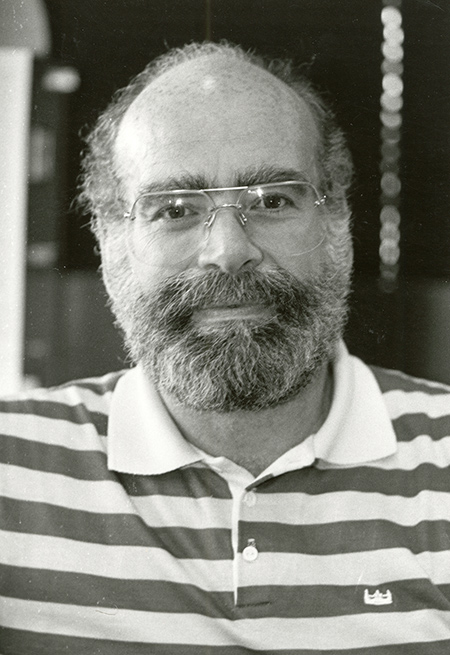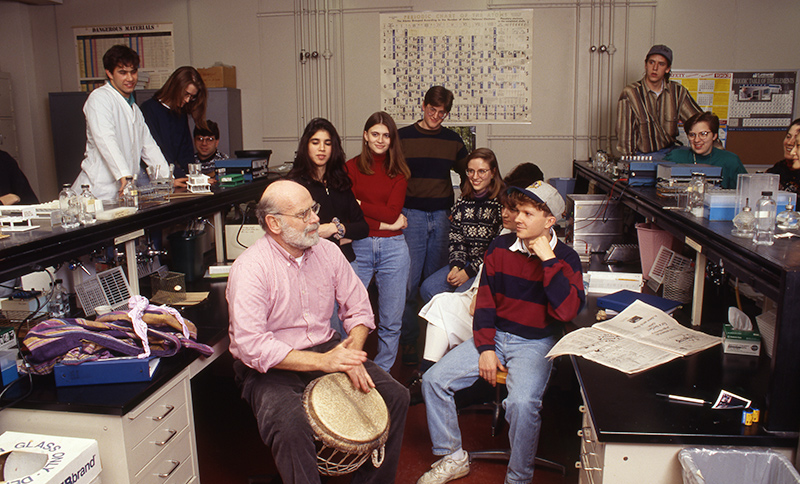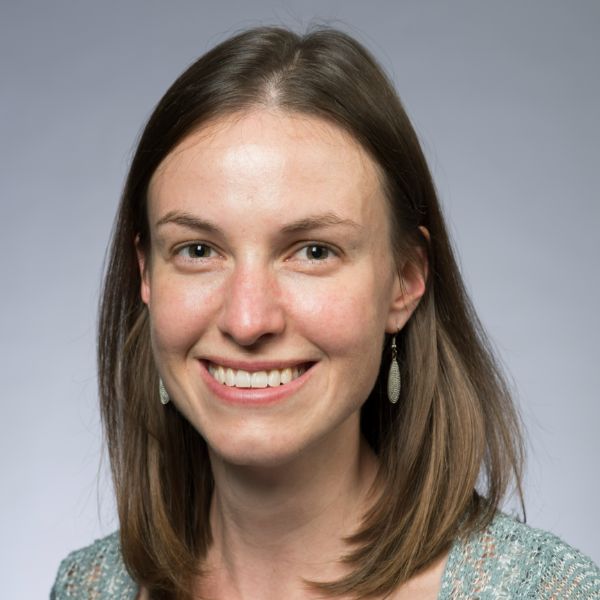Biologist Stanley Hattman was known for his molecular biology research, student mentorship, and jovial demeanor.

University of Rochester biology professor emeritus Stanley Hattman is being remembered by colleagues and former students as a scientist who made foundational contributions to the field of molecular biology and as a teacher who shaped the course of students’ academic careers. Hattman died December 20 at the age of 82 from complications of COVID-19.
Hattman, who joined the Department of Biology in 1968, was “a great colleague, who was always so kind and so bright,” says Cheeptip Benyajati, an associate professor of biology.
Benyajati notes that Hattman’s work was integral to the field of genetics, specifically his research on the regulation of gene expression and enzymes that mediate DNA methylation—a biological process by which methyl groups are added to DNA molecules—in lower eukaryotes.
“He provided a foundation for the field through his research in pure science,” Benyajati says. “With advances in mapping the human genome, the scientific world is now applying to humans some of this foundational research that Stan undertook.”
Hattman was born in Brooklyn, New York, and attended the City College of New York, originally as a physics major with a minor in mathematics. During the fall of his junior year, he had what he called an epiphany when he took his first biology course.
“It came during one of the first dissection exercises; viz. the earthworm,” Hattman wrote in a Department of Biology newsletter in 2004. “I was blown away when I discovered all that ‘stuff’ inside. Biology suddenly became interesting.”
He combined his interests in physics and biology as a biophysicist, focusing on the effects of radiation on viruses, bacteria, and phage-infected cells. He graduated from CCNY in 1960 with a degree in biophysics and received his PhD in microbiology from MIT in 1965.
He held postdoctoral research appointments at the Max Planck Institute in Munich, Germany—where he became fluent in German—and the Albert Einstein College of Medicine in the Bronx before joining the Rochester faculty in 1968.
In 1963, he married Rosemarie, with whom he had three daughters, Heidi, Ursula ’89, and Rebecca ’91, and five grandchildren. Rosemarie later served as an administrator in the Department of English at Rochester, and their two youngest daughters attended the University as undergraduates.
A beloved professor in the biology department until his retirement in 2004, Hattman additionally served as director of the undergraduate program in biology and medicine for four years, mentoring and advising students.
“It was after I took Dr. Hattman’s wonderful introductory genetics course that I realized how fascinating and dynamic the cell is, so I promptly decided to major in molecular genetics and become involved in research,” says Hattman’s former student Max Popp ’04, who is now a postdoctoral research associate at the University of Rochester Medical Center. “Dr. Hattman was, of course, a great teacher, but he was also a great mentor. When I was interested in working in a lab, he took the time to connect me with an old student of his from when he was in grad school, who is currently a professor at MIT. This opportunity that Dr. Hattman opened up for me was really what made me decide to go to grad school.”
Even in retirement, Hattman was a regular presence on campus; he retained an office in Hutchison Hall and visited campus often until last year’s COVID-19 lockdown.

“I arrived at the University of Rochester after Stan had retired, but I got to know him as a jovial and personable member of the department,” says Michael Welte, professor and chair of the biology department. “He still regularly came to Hutchison Hall and attended scientific seminars. He never failed to say hello and practice his German with me.”
In addition to his research, Hattman was an avid swimmer, tennis player, African drummer, and photographer, pursuits he enjoyed in retirement and during his time at Rochester.
“When I arrived at Rochester from California in 1988, Stan was one of the most welcoming and supportive senior faculty,” says David Goldfarb, a professor of biology, who often swam with Hattman and had an office next to his. “We talked a lot during these swims, often about developments in his research field, but also a lot about our families and our kids’ pursuits. He was a top competitive masters-level swimmer who held New York State records and was nationally ranked, but he was also a confident scientist, with a great sense of humor and lack of an irritable ego. He was very easy to be around.”
This positive attitude and cheerful disposition, extended to everyone on campus, were hallmarks of Hattman’s personality.
“He was particularly beloved by the staff,” says Brenna Rybak, biology department administrator. “He stopped in often and we loved talking with him. He was always happy to see us, to chat, and he was always very grateful for our help. We will all really miss him.”



